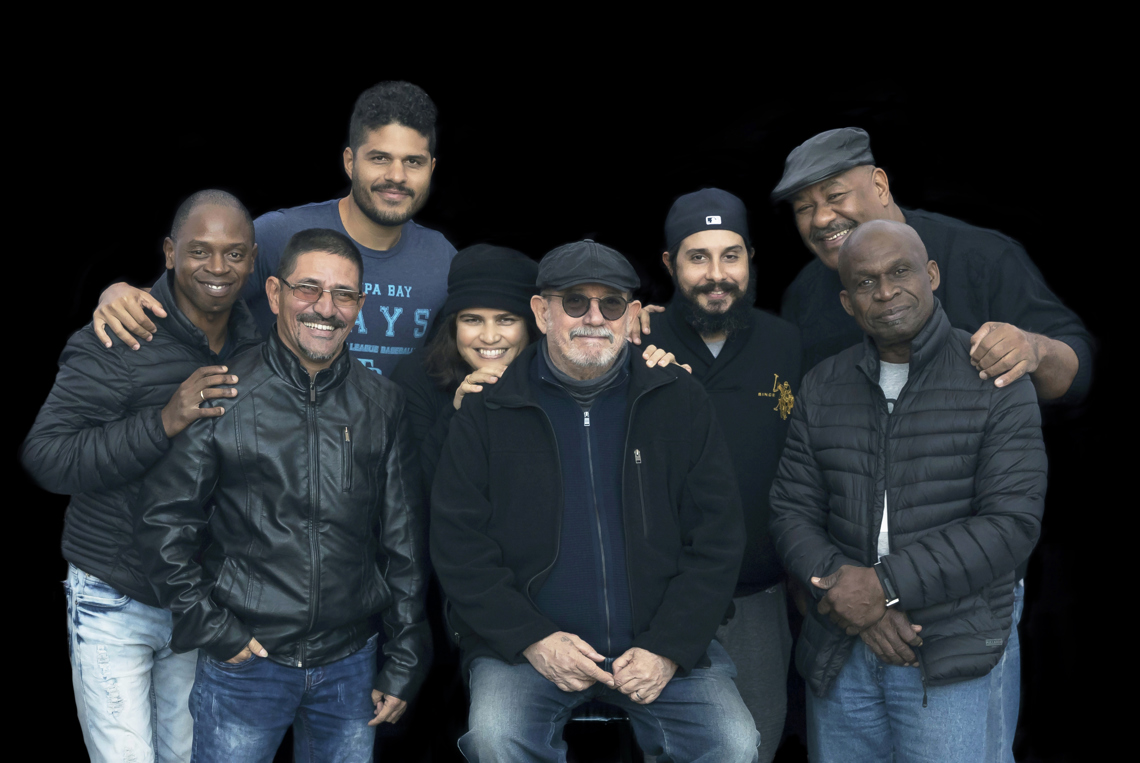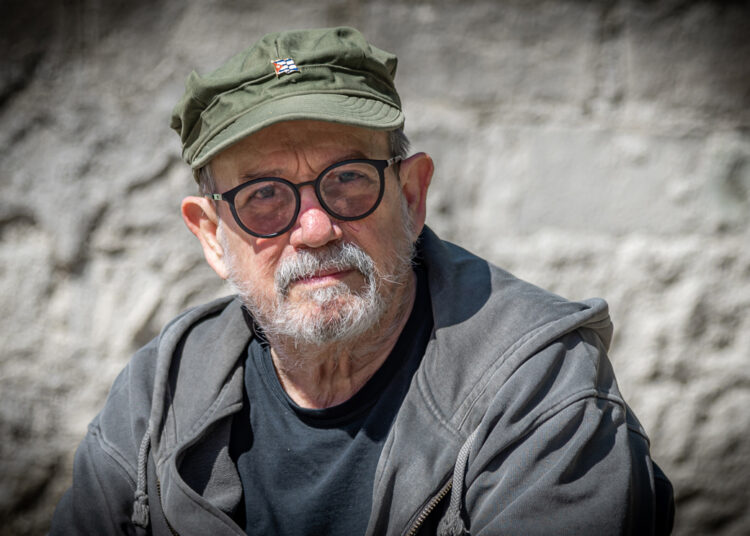By Juan Palop
“In difficult times I believe that art is even more necessary, essential,” says Cuban singer-songwriter Silvio Rodríguez in an interview with EFE. Next Friday he is releasing his new work, the 20nd of his career, Quería saber.
This icon of the new song movement and one of its few active members, responds in writing that this new album is a mix of themes, moments and genres, defends “nuances” and tolerance, and appeals to hope in times of crisis like the current ones on the island.
The album, the first in three years, is a collection of eleven songs composed between 2015 and 2019 where intimist and social lyrics are combined, richly instrumented songs and others reduced to their minimal essence, all with Silvio’s unmistakable stamp of voice and poetics.
“Quería saber is the continuity I have; the songs that I preferred to put together on this occasion,” summarizes this 78-year-old singer-songwriter.
Among them, “Para no botar el sofá” stands out, a song with the subtitle of “editorial song,” published in text in 2016 and subsequently performed live, and which has now been collected in a studio work.
He draws attention for denouncing “mass” migration, “the bonfires of homophobia,” “vices and dogmas,” and the censorship of media and artists, all “at the birth of an era that was dragging out.”
“I am referring to things that hinder us, that slow us down, that instead of freeing us, they tie us down, they complicate us. Some were inherited cultures, such as machismo and homophobia. Others have been absurd sacrileges of a system of thought started by a German whose motto, according to himself, was to doubt everything,” he explains.

Rodríguez closes this song, like the one titled “La cuota,” with a pinch of hope and optimism, advocating “counting on the other” and growing in the face of challenges: “The bar, increasingly higher, invites us to fly and to continue.”
However, the author of hymns like “Ojalá” prefers not to define himself as an optimist (or as anything permanent), since perspectives change over time.
“One day we understand one thing, we see and feel in a way and we express it that way. The next day nuances, if not contradictions, appear. That’s why one day you can write ‘El necio’ and a few days before (or after) ‘En busca de un sueño’ or ‘Reino de todavía’,” he says.
Nuances and opinions
He believes that “sometimes it is difficult to tinge,” but he advocates trying, “because it is fair.” “I always try to do it. I can’t stand what’s schematic and there is a lot of that in all directions,” he commented.
Faced with those who speak “of a dreamed reality as if it were real,” as he sings in “Viene la cosa,” Rodríguez maintains that he sees Cuba “as it has been and as it is,” an “advantage provided by age,” says who has been on stage for 56 years.
“I am capable of living within a very open spectrum of opinions, as long as mine is also considered, of course. I only hope that our future, the future of José Martí’s Cuba, does not remain in the pocket of the U.S. government,” he said.
As a preview, two singles were released in the previous two weeks, “Quería saber” and “América,” an ode to intellectual restlessness and a song about unrequited youthful love, respectively.
About the present of the island, mired in a serious crisis with no way out in sight and amid an unprecedented migratory wave, his lyrics say little. “I ruminate a lot about what I write,” he maintains, although he advances that in the future he could address these topics.
He does talk about the tour of the neighborhoods (“one of the most beautiful things that have happened to me”) and how he used the “break” of the pandemic “to discover many things that he had been putting off.” Also about Pablo Milanés, another icon of the new song movement who died in 2022.
“The absence of Pablo, who had an exceptional musicality, an incomparable talent,” said Rodríguez, aware of the time: about the new song movement, he says, “almost everyone has already left, there are only a few of us left.”










